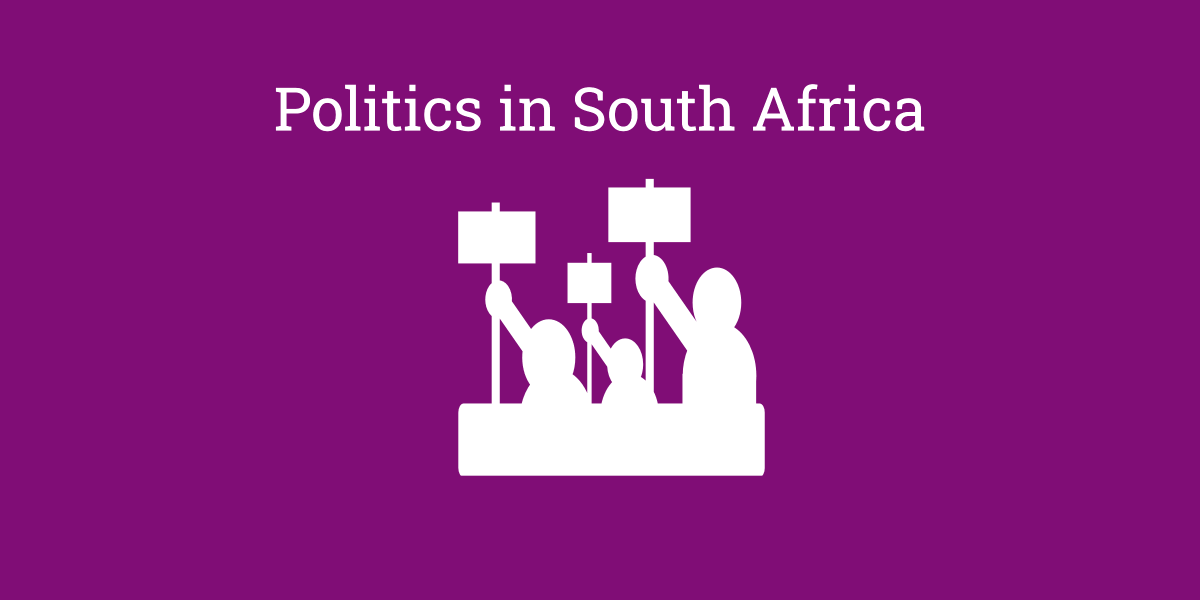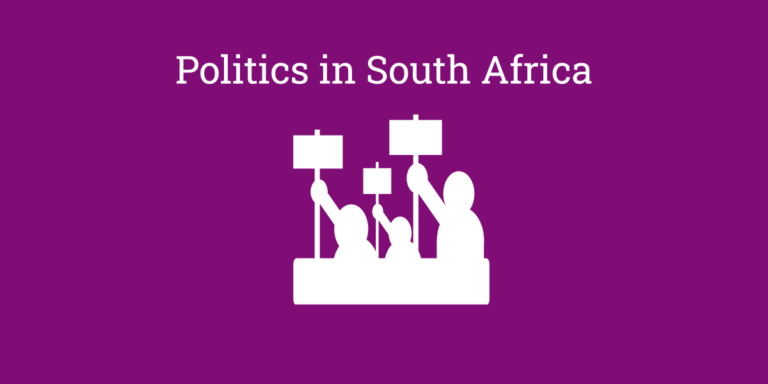Analysis of the 2011 local government election has focussed on detailed analysis of voter patterns with various interpretations attached to their exact meanings. Some of the outcomes have left us gobsmacked. For instance, why would communities being evicted in the Western Cape vote for the Democratic Alliance?
In other instances, what explains the shift in the voting patterns of so-called minority communities? How is it that the ANC has increased the sheer number of votes it gets, but reduced its percentage share? These questions are answered based on the voting trends of voters, but understanding the behaviour of non-voters tells us a different story – a story of exclusion and underrepresentation of the poor at the polls.
A comparison between the voters roll and population estimates indicates that over five million South Africans are not registered to vote. These estimates are based on comparing the population over 20 years old based on data provided by Statistics South Africa against data on the voters roll prepared by the Independent Electoral Commission. If one adds to this, the registered voters who chose not to vote (about 10 million voters) the number of non-voters goes up to over 15 million. Compare this to the 13,6 million votes cast in the 2011 elections. The key take away is that the voter turnout numbers using this analysis drops from 57,8% to 46,7% when compared to the national vote.
The data does not allow us to make a clear analysis of why voters do not vote. However, the implications of our democracy excluding large sections of society are brought home by a quick poll of community activists. It starts with the analysis that in working class Coloured communities, the vote did not adequately reflect the will of the people, simply because so few people are registered to vote.
After asking several community development workers in a cross-section of South Africa, the same story was being told – there is a perception based on slivers of data, that large numbers of people are unregistered. The “data analysis” supports the data showing that over five million South Africans are not included on the voters roll. More to the point, these community activists work in poor areas, which raises the question whether the poor are counted in the vote.
This question cannot be definitively answered through the available data. However, three signposts provide the basis to suggest that poor communities constitute a significant proportion of those eligible to vote, but not on the voters roll.
First, there are over one million people who are eligible for the Child Support Grant (CSG) that have not yet accessed the grant. One of the most cited reasons is that caregivers and children do not have the required documentation, which includes having an identity document. Importantly, an identity document is a requirement for voting and as such may indicate that a large percentage of those not registered to vote fall into the official descriptions of being poor, most often young women.
Second, there are over 13 million social grant holders in South Africa, and yet the total number of voters was 13,6 million. Immediately, it becomes evident that a large section of the poor voters did not vote, even though they have access to an ID document. In this case, either the recipient of a grant would be registered and chose not to vote, or would have an ID book, but chose not to register to vote. There is no sensible way to discern this through national level data, because when one votes one does not indicate whether one accesses a grant or not.
Third, fieldwork often reveals that some households are able to access a basket of government goods, while others are unable to. It all starts with having an identity document, often as an outcome of applying for a government service. These studies are location specific, and thus do not aim to provide a national picture. Instead, they raise an important distinction between poor households – those able to navigate often-complex government application procedures, and those that cannot.
The households that have no access to any government services or individuals in the household not having an ID book are sometimes described as “broken families” or as “structurally excluded.” Whilst a simple description of these households is not immediately possible, the underlying feature of exclusion from South African society is important. It provides an insight into who may constitute potential voters that are not on the voters roll.
There are many caveats to this argument, and the argument is certainly not watertight in an academic sense. However, in a political sense the argument is persuasive. They add to a growing discourse showing that poverty traps in South Africa have excluded significant numbers of people in many ways. The data is enough to indicate that a political programme of encouraging people to register for an ID Book, and linking that process to continuous voter registration could provide for a deepening of citizenship.
The data also suggests a provocative hypothesis – the vote in South Africa may over represent the rich in our society due to differential access to an ID book as well as better opportunities to register for the voter’s roll. It is a hypothesis that finds resonance with the community activists quizzed on this question. Whether the hypothesis can be empirically substantiated or not, is a matter of academic enquiry. However, the underlying possibility that the poor are underrepresented in the vote must be of immediate concern to our society.
Deepening forms of citizenship are required to turn the dissatisfaction displayed in service delivery protests and the debilitating fight for local political office into positive outcomes. The recognition that citizenship matters must start with the basics of an ID Book and a voter registration card. In a society so regulated by the ID book, this basic document provides access to social security and services, but also to a right that we cannot take for granted – the right to vote.
This article was first published under creative commons license on South African Civil Society Information Service website.

